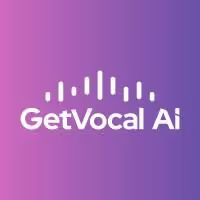AI cold caller is a tool that automates outbound sales calls using artificial intelligence to engage prospects effectively.
What can AI cold caller do?
It can make calls, deliver personalized messages, handle responses, and qualify leads without human intervention.
How does AI cold caller work?
It uses AI to simulate natural conversations, detect responses, and adapt the call flow based on user input.
Is AI cold caller easy to set up?
Yes, most AI cold caller tools offer simple setup with guided steps and integrations for quick launch.
Some offer free trials or limited free plans, but full features usually require paid subscriptions.
What is the common AI cold caller pricing?
Pricing typically ranges from $50 to $200 per month depending on call volume and feature set.
What are the types of AI cold caller?
Types include standalone cold calling bots, CRM-integrated callers, and hybrid voice-chat AI solutions.
Does AI cold caller work with email?
Some integrate with email tools to combine calling and emailing for multi-channel outreach.
What are the best AI cold caller tools?
Popular tools include Cognism, Saleswhale, and RingDNA, known for AI call automation and lead engagement.
What are common AI cold caller integrations?
Common integrations include CRM systems like Salesforce, email platforms, and lead databases for seamless workflows.






